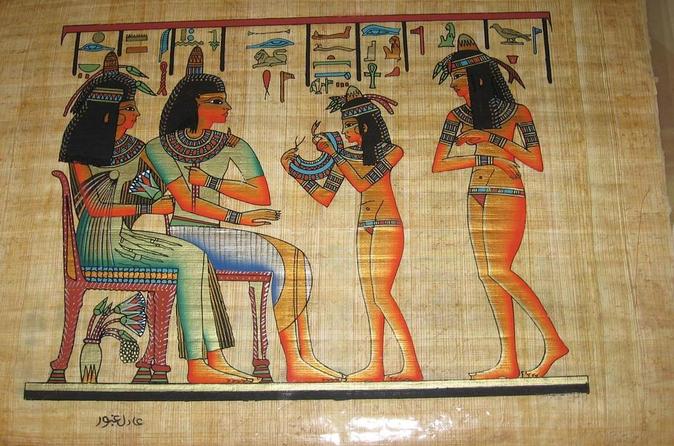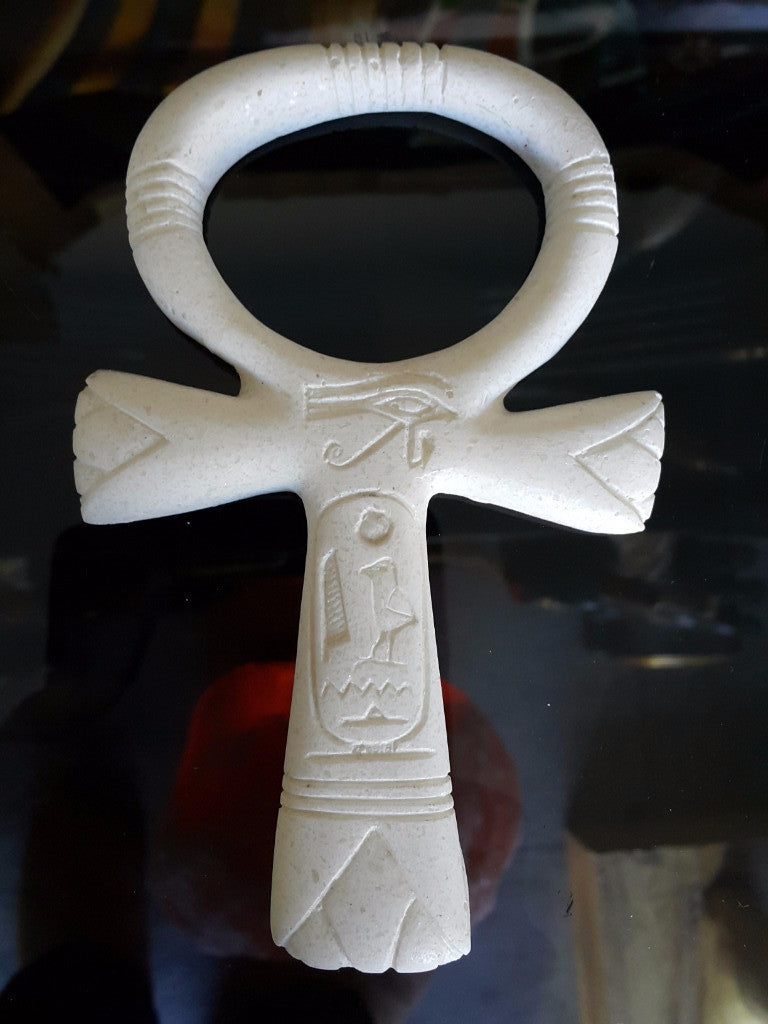7total views,1views today

One of the pleasures of traveling is doing a little shopping – especially pieces unique to that part of the world that cannot be found elsewhere. And Egypt is a wonderland of such shopping opportunities and unique treasures. Unfortunately, I visited all the tourist spots in Egypt, so I don’t have too many hidden gems to share with you. However, I can tell you what’s worth buying, what’s not, where to bargain, and where not to.
Read on if you are still interested in all the fun we had shopping in Egypt.
Khan el Khalili bazaar
The Khan el Khalili market in Cairo is one of the biggest and oldest bazaars in Egypt. It’s a labyrinth of streets lined with stalls, restaurants, and shisha bars, most offering the same things – scarabs, fridge magnets, papyrus, Egyptian cotton, and carpets.
I went through all the roads, bemused at the sights and sounds and smells of the place. At first, I was enchanted by the myriad lamps and ivory knick-knacks. But soon, I found that pretty much everything there was made in China.
Nothing is authentic! It’s a great place to buy cheap souvenirs to gift friends and family, but don’t spend too much money there. And always remember to haggle. Go a full 50-60% down, even lower if you dare. If you eventually end up walking away, do so without any regrets. There’s nothing available on that street that you cannot get elsewhere.
I eventually bought a bag of 20 fridge magnets from a street-side kiosk after bargaining heavily. It was a great gift to distribute among my office colleagues at work.
While planning, I expected to spend around a couple of hours in the market (considering how much it’s hyped on the web). The reality was I spent just 20 mins wandering down the street before realizing it wasn’t my thing.
Instead, I retired to the cafe at the end of the road to enjoy a delicious hibiscus tea with Snubnose.

I later realized that this cafe could be the same one in which the legendary Egyptian writer Naquib Mahfouz hung out. Of course, I can’t be sure.

Still, I enjoyed hanging out at this cafe far more than the actual shopping at the bazaar.
Verdict: If you are short on time, skip.
Buy papyrus at a reputable Government store
Papyrus, that beautiful paper-like material used in ancient Egypt for writing and art, is a worthy souvenir to bring home. Still, I promise you will not find an authentic piece at any street bazaar in Egypt.

Throughout Egypt, there are street touts promising to sell you genuine papyrus for dirt-cheap prices. Please don’t fall for it. Instead, go to a validated Government shop (something like our emporiums in India) and buy papyrus if you are so inclined. Note that there is no bargaining in such shops.
There is even a papyrus manufacturing tour if you are interested.
We went to a papyrus showroom in Giza (I don’t remember the name) very close to the Pyramids. The papyrus was very beautiful, and the salesman showed us the manufacturing of papyrus that was fascinating to see.
I came back with one lovely scroll, but I’ve yet to frame and hang it up on my wall. Soon!
Cartouches are great gifts for loved ones
A cartouche is a nameplate. It’s usually oval with your name written in the middle of it and meant to protect the wearer against evil spirits in this life and the afterlife. There are different cartouches available – in gold and silver, and I think there are also other versions with gemstones, but I can’t be sure.
A jeweler onboard the cruise we were on helped me with the selection and designs. I eventually chose a silver cartouche with Snubnose’s name in hieroglyphics.

The front has her name spelled out in hieroglyphics, and the back has a few protective symbols. I wanted to get something a little long-lasting for Snubnose as a memory of this trip, so I don’t grudge the 40 USD I spent on it.
However, be careful where you buy it. Buy only from reputed jewelers as there are a lot of fakes around. There are many reputable jewelers in and around Aswan. Just google and do a little research. If you are going on a cruise ship, there is likely to be a jeweler on board the boat, and you can pick up one there.
Alabaster and Onyx from Luxor
My first glimpse of alabaster was at the Egyptian museum, and I just fell in love. There was a small shop outside the museum selling the most beautiful lamps made out of alabaster. Because it’s a translucent stone, it works perfectly as a lamp, and the light within brings out the natural beauty of the stone.
I next came across alabaster in Luxor, which has many shops selling alabaster, onyx, and other types of stones.

I went bonkers at the elaborate vases and lamps. But I also knew getting them back to India safe would be a huge ask. Plus, they were all so heavy!
Instead, I got a small onyx bowl for my mom. She’s already been to Egypt and has souvenirs galore, so I thought I’d get her something not so typically Egyptian. She loved it and sent me a photo of it to share on the blog.
Note: It’s not a very good photo, but I swear the original bowl is breathtaking – a lovely deep green color.

For our house, I got a small alabaster key of life – something like the one below.

It’s beautiful, and because we were buying right from the manufacturing source, it’s cheaper than most other places. Unfortunately, it broke just last week, giving me a painful reminder why I should not buy anything for a household with two kids and a dog in it.
Anyway, let’s move on from this painful topic to some other things worth seeing and buying (or rather not).
Egyptian cotton
I had heard a lot about Egyptian cotton and was looking forward to checking it out. Unfortunately, I think the best quality is exported (I have bought Egyptian cotton sheets at Costco in the US for half the price and better quality). Maybe it’s the shop I visited, but I came away unimpressed by both the quality and the price.
Egyptian attar
Attar is a fragrant essential oil, and Egypt (indeed most Islamic nations) is famous. We went to an attar store in Aswan where the salesman showed us the different oils they have. Some of these essential oils are also combined to make a fragrance. They had essential oils smelling like Chanel No.5, Chanel Mademoiselle, and other very famous perfumes. And the fantastic thing is that the oils smell exactly like the perfume and are less than half the price.
I went little nuts and bought four small bottles. But while this attar is perfectly lovely, and the prices are perfectly reasonable, I think I got a little carried away. I’m just not an attar or essential oils person, and I’m not too fond of strong smells or candles or any of this stuff.
Just because I got a free back massage in the shop, I felt like I needed to buy something, hence this little box of attars.
It was still not a complete waste, though, as I gifted the bottles to my friends who liked them very much.
Prices in general and shopping tips
Haggling is acceptable in the old souks where you can buy anything from gold bracelets to replica gifts and Egyptian dresses. Haggling in these outlets is permitted, sometimes expected, as a way of communication and exchanging information. There is no haggling in shops and supermarkets. However, I think you get what you pay for in the shops, whereas what you buy may not even be worth the final haggled price in the souks. It’s up to you what you want from the exchange.
There are a lot of tempting Egyptian souvenirs that you”ll want to buy. Take a moment to think if they will fit your lifestyle at home. The attar was a big mistake for me, and so was the alabaster key of life. I am yet to hang up the papyrus in my house. Eventually, we are only using the cartouche regularly.
That said, prices are low in Egypt. As long as you are aware of the currency exchange, no shopping mistake can ever be costly.
I hope you enjoyed this long post on shopping in Egypt.
If you have any questions on our trip or itinerary, leave a message in the comments or email me, I” ll get back with details.
